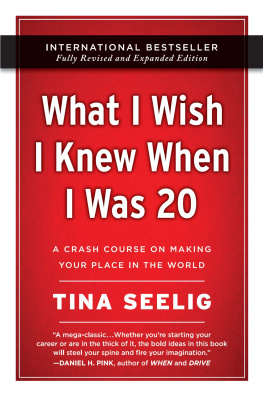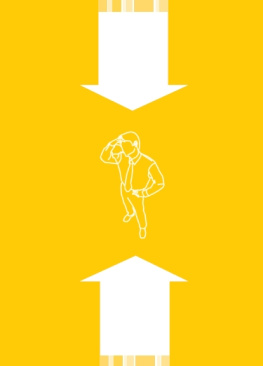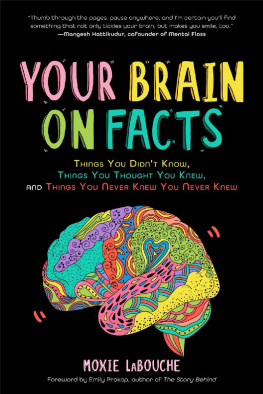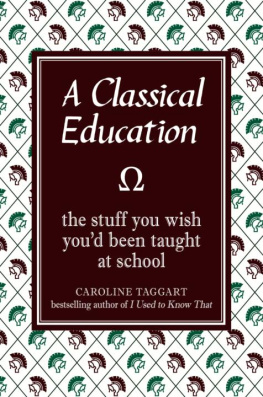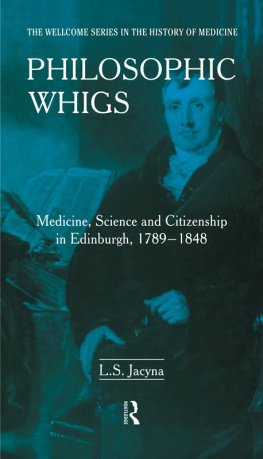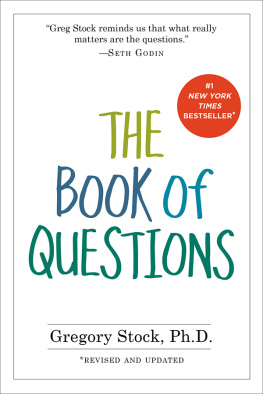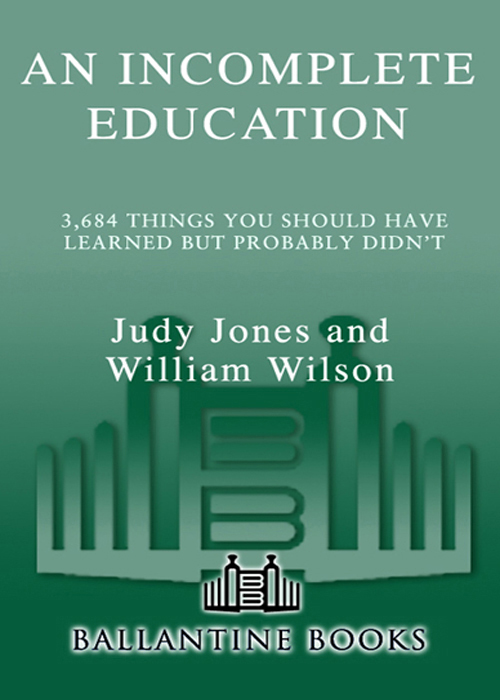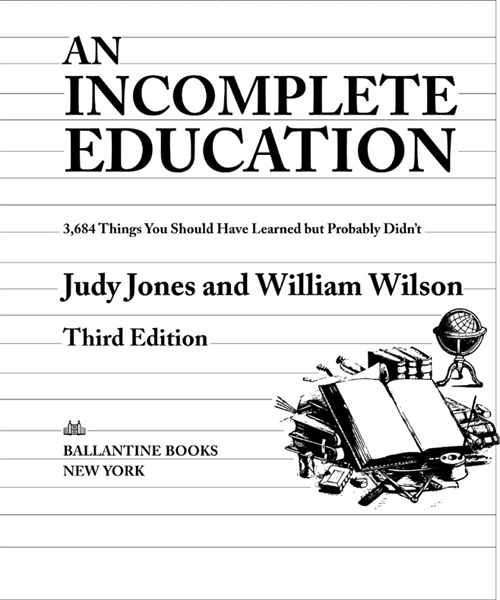The authors would like to thank the following, all of whom contributed their energies, insights, and expertise (even if only three of them know the meaning of the word deadline) to the sections that bear their names:
Owen Edwards, Helen Epstein, Karen Houppert, Douglas Jones, David Martin, Stephen Nunns, Jon Pareles, Karen Pennar, Henry Popkin, Michael Sorkin, Judith Stone, James Trefil, Ronald Varney, Barbara Waxenberg, Alan Webber, and Mark Zussman.
I NTRODUCTION TO THE FIRST REVISED EDITION, JULY 1994
W hen this book was first published in the spring of 1987, literacy was in the air. Well, not literacy itselfalmost everyone we knew was still misusing lie and lay and seemed resigned to never getting beyond the first hundred pages of Remembrance of Things Past. Rather, literacy as a concept, a cover story, an idea to rant, fret, and, of course, Do Something about. Allan Blooms snarling denunciation of Americans decadent philistinism in The Closing of the American Mind, followed closely by E. D. Hirschs laundry list, in Cultural Literacy, of names, dates, and conceptsfamous if often annoying touchstones, five thousand of them in the first volume alonefueled discussion groups and call-in talk shows and spawned a whole mini-industry of varyingly comprehensive, competent, and clever guides to American history, say, or geography, or science, which most people not only hadnt retained but also didnt feel theyd understood to begin with. At the same time, there was that rancorous debate over expanding the academic canon, or core curriculum, to include more than the standard works by Dead White European Males, plus Jane Austen and W. E. B. Du Bois, a worthy but humorless brouhaha characterizedand this was the high pointby mobs of Stanford students chanting, Hey hey ho ho, Western Civ has got to go. Emerging from our rooms, where wed been holed up with our portable typewriters and the working manuscript of An Incomplete Education for most of the decade, we blinked, looked around, and remarked thoughtfully, Boy, this ought to sell a few books.
Now, back to revise the book for a second edition, were astonished at how much the old hood has changed in just a few years. We thought life was moving at warp speed in the 1980s, yet we never had to worry, in those days, that what we wrote on Friday might be outdated by the following Monday (although we did stop to consider whether Sean and Madonna would still be a recognizable reference on the Monday after that). When we wrote the original edition, psychology was, if not exactly a comer, at least a legitimate topic of conversation this was, remember, in the days before Freuds reputation had been trashed beyond repair and when plenty of people apparently still felt they could afford to spend eleven years and several hundred thousand dollars lying on a couch, free-associating their way from hysterical misery to ordinary unhappiness. Film, as distinct from movies, likewise still had intellectual appeal (and it made money, too), until that appeal dissolved somewhere between the demise of the European auteur theory and the rise of the video-rental store. We can actually remember a timeand so can you, if youre old enough to be reading this bookwhen a new film by Truffaut or Bergman or Fellini was considered as much of an event as the release of another Disney animation is today. And political science, while always more of a paranoiacs game than a bona fide academic discipline, at least had well-defined opposing teams (the Free World vs. the Communist one), familiar playing pieces (all those countries that were perpetually being manipulated by one side or the other), and a global game board whose markings werent constantly being redrawn.
One thing hasnt changed, however, to judge by the couples standing in line behind us at the multiplex or the kids in the next booth at the diner: Nobodys gotten so much as a hair more literate. In fact, we seem to have actually become dopier, with someone like Norman Mailer superseded as our national interpreter of current events by someone like Larry King.
But then, why would it have turned out differently? If literacy was ever reallyas all those literacy-anxiety books implied and as we, too, believed, for about five minutes back in 1979, when we first conceived of writing this one about amassing information for the purpose of passing some imaginary standardized test, whether administered by a cranky professor, a snob at a dinner party, or your own conscience, it isnt anymore. Most of us have more databases, cable stations, CDs, telephone messages, e-mail, books, newspapers, and Post-its than we can possibly sort through in one lifetime; we dont need any additional information we dont know what to do with, thanks.
What we do need, more than ever, in our opinion, is the opportunity to have up-close-and-personal relationships, to be intimately if temporarily connected, with the right stuff, past and present. As nation-states devolve into family feuds and every crackpot with an urge to vent is awarded fifteen minutes of airtime, it seems less like bourgeois indulgence and more like preventive medicine to spend quality time with the books, music, art, philosophy, and discoveries that have, for one reason or another, managed to endure. What lasts? What works? Whats the difference between good and evil? What, if anything, can we trust? Its not that we cant, in some roundabout way, extract clues from the testimony of the pregnant twelve-year-olds, the mothers of serial killers, and the couples who have sex with their rottweilers, whove become standard fare on Oprah and Maury and Sally Jessy, its just that its nice, when vertigo sets in, to be able to turn for a second opinion to Tolstoy or Melville or even Susan Sontag. And it helps restore ones equilibrium to revisit history and see for oneself whether, in fact, life was always this weird.
Consequently, what weve set out to provide in An Incomplete Education is not so much data as access; not a Cliffs Notes substitute or a cribsheet for cultural-literacy slackers but an invitation to the ball, a way in to material that has thrilled, inspired, and comforted, sure, but also embarrassed, upset, and/or confused us over the years, and which, weve assumed with our customary arrogance, may have stumped you too on occasion. In this edition, as in the first, weve endeavoredat times with more goodwill than good graceto make introductions, uncover connections, facilitate communication, and generally lubricate the relationship between the reader (insofar as the reader thinks more or less along the same lines we do) and various aspects of Western Civs core curriculum, since the latter, whatever its shortfalls, still provides a frame of reference we can share without having to regret it in the morning, one that doesnt depend for its existence on market forces or for its appeal on mere prurient interest, and one that reminds us that were capable of grappling with questions of more enduringeven, if you think about it, more immediateimport than whether or not O.J. really did it.
Finally, a note to those (mercifully few) readers who wrote to us complaining that the first edition of An Incomplete Education failed, despite their high hopes and urgent needs, to complete their educations: Dont hold your breath this time around, either. Well refrain from referring you, snidely, to the books title (but for goodness sake, dont you even


